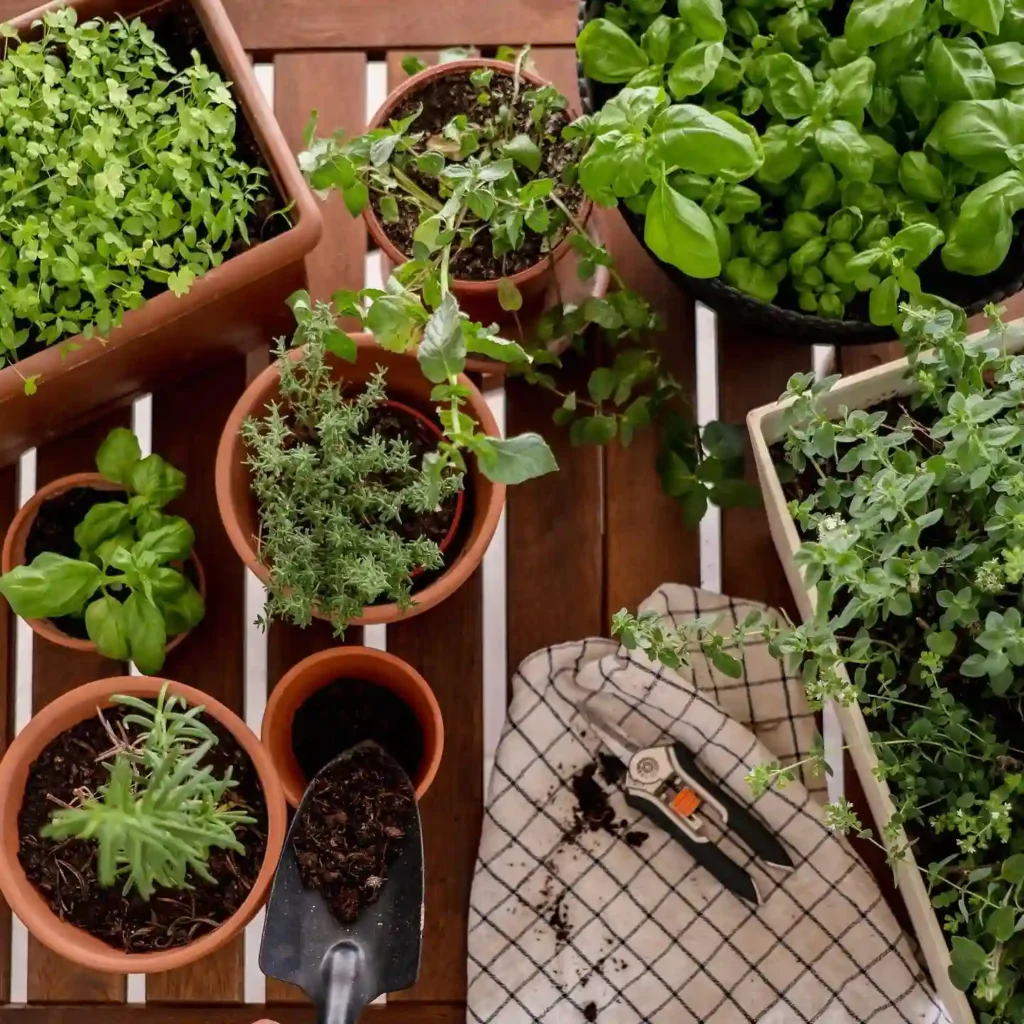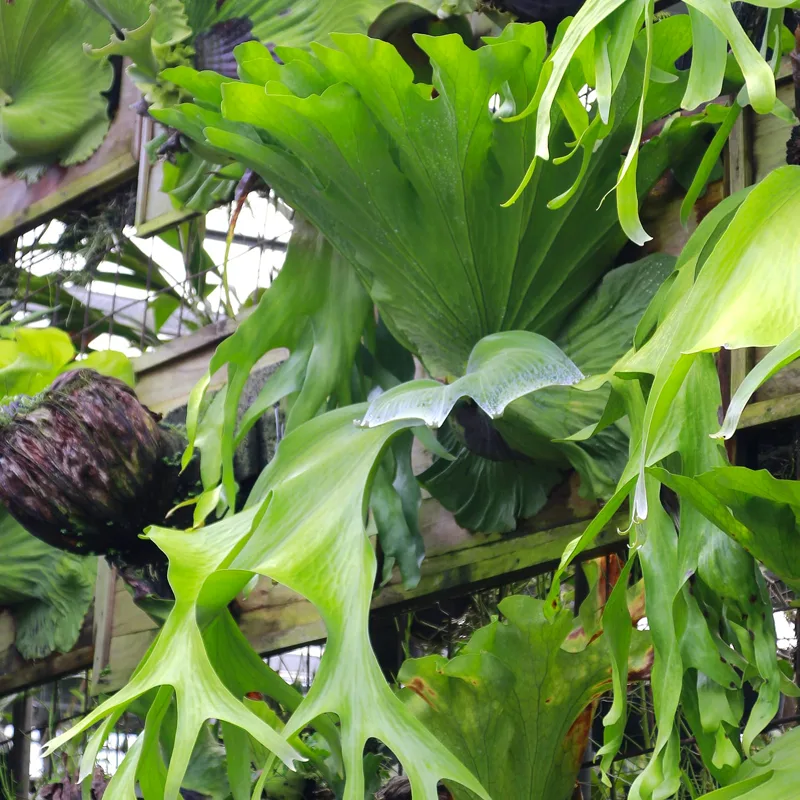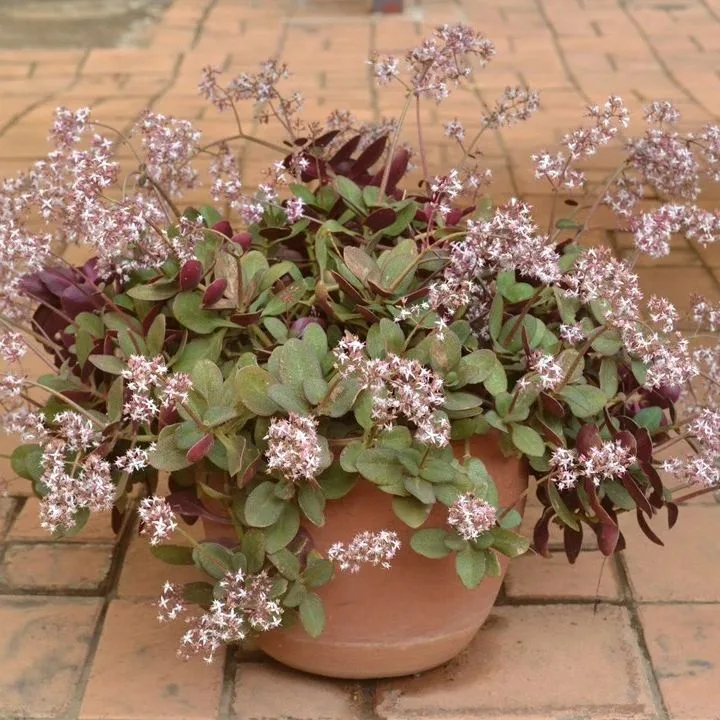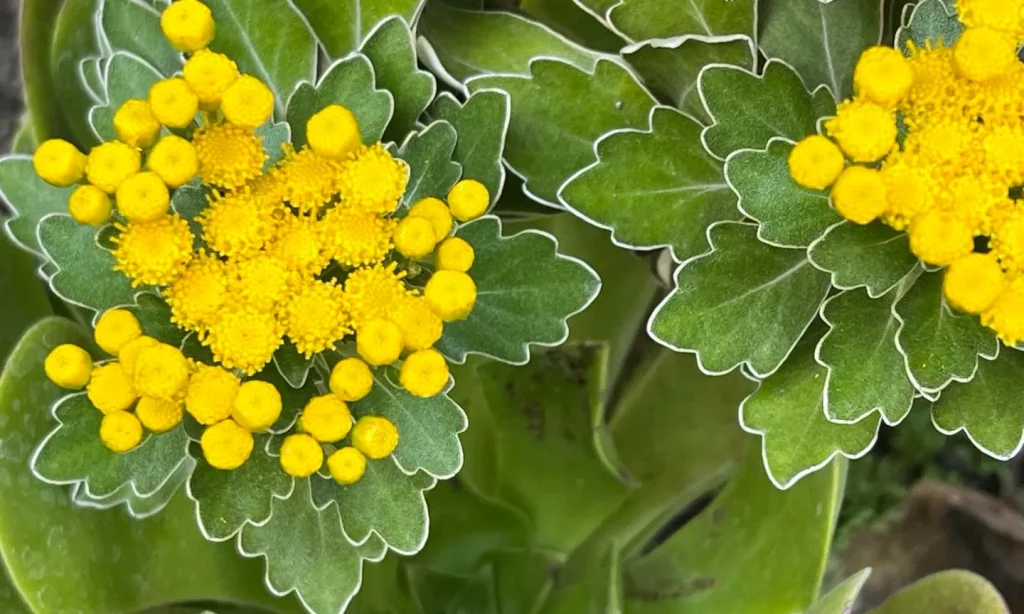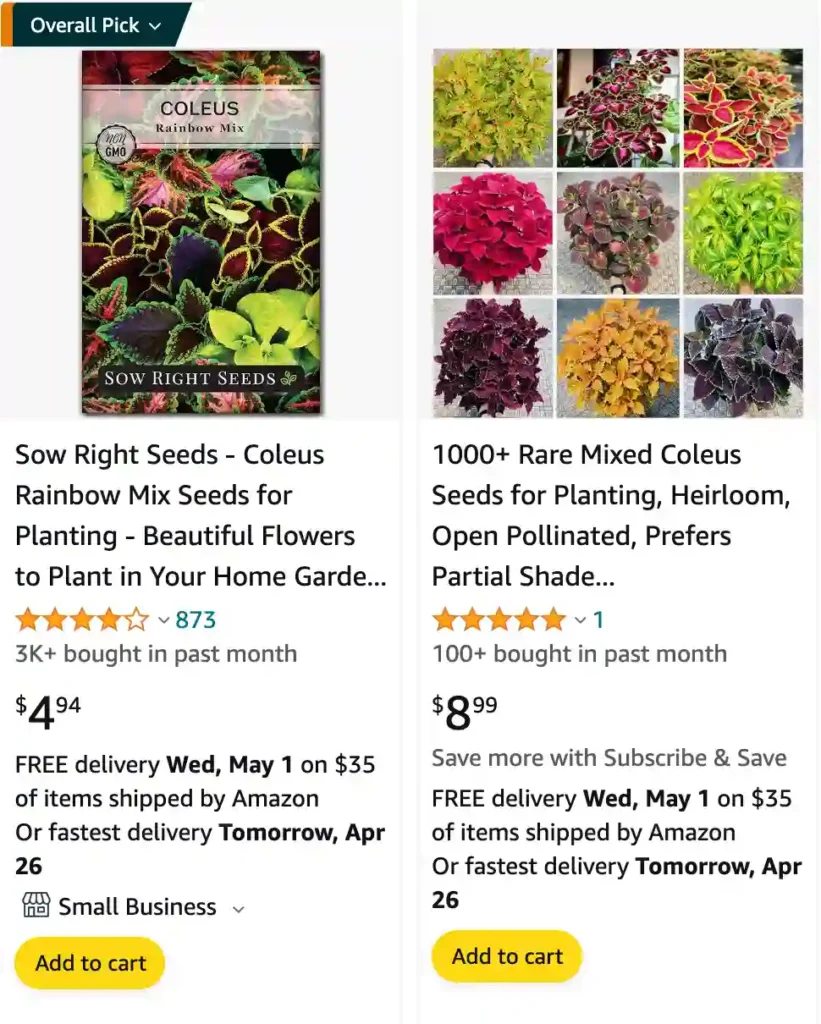
July 27 – Coleus
"Coleus, the vibrant foliage, defines July 27."
Coleus symbolizes versatility and creativity. You thrive in diversity, adapting easily to new situations. Like its colorful leaves, your personality is bright and multifaceted.
Coleus: A Kaleidoscope of Colors
I’ve always been drawn to vibrant colors, and few plants deliver a more spectacular display than the Coleus. As an avid gardener, I’m fascinated by their incredible diversity and the way they can transform any space into a living masterpiece.
For years, I knew these beauties simply as “Coleus,” but recently, I’ve delved deeper into their botanical classification and discovered a world of intricate details. It turns out that the genus Coleus, as we know it today, has undergone quite a bit of reclassification. Many of the plants we commonly call Coleus were previously categorized under Plectranthus, and even Solenostemon. But now, they’ve been brought back to their original genus, Coleus belong to the Lamiaceae family, which was first described by João de Loureiro way back in 1790.
A Closer Look at the Coleus Genus
So, what exactly distinguishes Coleus from its close relatives? It all comes down to the stamens, those tiny pollen-producing parts of the flower. In Coleus, the stamens are fused together, while in Plectranthus, they remain separate. It’s a subtle difference, but it plays a crucial role in plant taxonomy.
The Coleus genus is native to the tropical and subtropical regions of Afro-Eurasia. These plants thrive in warm, humid environments and are known for their striking foliage. The leaves come in a mind-boggling array of colors, patterns, and textures. From deep reds and purples to vibrant yellows and greens, there’s a Coleus variety to suit every taste. Some leaves are even variegated, with contrasting colors and intricate patterns that resemble abstract paintings.
Exploring the Diversity of Coleus Species
The Coleus genus boasts a remarkable diversity of species. Here are:
- Coleus abyssinicus (Fresen.) A.J.Paton
- Coleus acariformis (P.I.Forst.) P.I.Forst.
- Coleus achankoviliensis Smitha & A.J.Paton
- Coleus actites (P.I.Forst.) P.I.Forst.
- Coleus adenanthus (Dalzell & A.Gibson) A.J.Paton
- Coleus adenophorus (Gürke) A.J.Paton
- Coleus aegyptiacus (Forssk.) A.J.Paton
- Coleus affinis (Gürke) A.J.Paton
- Coleus albicalyx (Suddee) Suddee
- Coleus aliciae (Codd) A.J.Paton
- Coleus alloplectus (S.T.Blake) P.I.Forst. & T.C.Wilson
- Coleus alpinus Vatke
- Coleus altanmouiensis (T.C.Wilson, P.I.Forst. & M.A.M.Renner) T.C.Wilson & P.I.Forst.
- Coleus amboinicus Lour. Plant FAQs: Plectranthus Amboinicus – Coleus Amboinicus – Cuban Oregano
- Coleus amicorum (S.T.Blake) P.I.Forst. & T.C.Wilson
- Coleus amiculatus (T.C.Wilson, P.I.Forst. & M.A.M.Renner) T.C.Wilson & P.I.Forst.
- Coleus amoenus (P.I.Forst.) P.I.Forst.
- Coleus anamudianus (Smitha & Sunojk.) Smitha
- Coleus angolensis (G.Taylor) A.J.Paton
- Coleus angulatus (Hedge) A.J.Paton & Phillipson
- Coleus anthonyi Jebin Joseph & J.Mathew
- Coleus apoensis Elmer
- Coleus apreptus (S.T.Blake) P.I.Forst. & T.C.Wilson
- Coleus apricus (P.I.Forst.) P.I.Forst.
- Coleus arabicus Benth.
- Coleus arenicola (P.I.Forst.) P.I.Forst.
- Coleus argentatus (S.T.Blake) P.I.Forst. & T.C.Wilson Plant FAQs: Plectranthus Argentatus – Coleus Argentatus – Silver Spurflower
- Coleus argenteus (Gamble) A.J.Paton
- Coleus argentifolius (Ryding) A.J.Paton
- Coleus articulatus (I.M.Johnst.) A.J.Paton
- Coleus ater A.J.Paton
- Coleus auriglandulosus (A.J.Paton) A.J.Paton
- Coleus australis (R.Br.) A.J.Paton
- Coleus autranii Briq.
- Coleus barbatus (Andrews) Benth. ex G.Don Plant FAQs: Coleus Barbatus – Red Coleus – Flame Coleus
- Coleus bariensis (Ryding) A.J.Paton
- Coleus batesii (Baker) A.J.Paton
- Coleus batianoffii (P.I.Forst.) P.I.Forst.
- Coleus bellus (P.I.Forst.) P.I.Forst.
- Coleus betonicifolius (Baker) A.J.Paton
- Coleus bifidus (A.J.Paton) A.J.Paton
- Coleus bipartitus (P.I.Forst.) P.I.Forst.
- Coleus bishopianus (Gamble) Smitha & A.J.Paton
- Coleus blakei (P.I.Forst.) P.I.Forst.
- Coleus bojeri Benth.
- Coleus bolavenensis Suddee, Tagane & Rueangr.
- Coleus botryosus (A.J.Paton) A.J.Paton
- Coleus bourneae (Gamble) Smitha & A.J.Paton
- Coleus bracteatus Dunn
- Coleus brazzavillensis A.Chev.
- Coleus buchananii (Baker) Brenan
- Coleus burorum Chiov.
- Coleus caillei A.Chev. ex Hutch. & Dalziel
- Coleus calaminthoides (Baker) A.J.Paton
- Coleus calcicola Murata
- Coleus caldericola (P.I.Forst.) P.I.Forst.
- Coleus calycinus (Benth.) A.J.Paton
- Coleus cambodianus (Murata) A.J.Paton
- Coleus caninus (B.Heyne ex Roth) Vatke
- Coleus carnosifolius (Hemsl.) Dunn
- Coleus cataractarum (B.J.Pollard) A.J.Paton
- Coleus caudatus (S.Moore) E.Downes & I.Darbysh.
- Coleus celsus A.J.Paton
- Coleus centraliafricanus A.J.Paton
- Coleus chevalieri Briq.
- Coleus ciliatus (Bramley) A.J.Paton
- Coleus circinnatus (Hedge) A.J.Paton & Phillipson
- Coleus coeruleus Gürke
- Coleus comosus Hochst. ex Gürke
- Coleus confertiflorus (A.J.Paton) A.J.Paton
- Coleus congensis (Gürke) A.J.Paton
- Coleus congestus (R.Br.) A.J.Paton
- Coleus conglomeratus (T.C.E.Fr.) Robyns & Lebrun
- Coleus crassus (N.E.Br.) Culham
- Coleus cremnus (B.J.Conn) A.J.Paton
- Coleus cucullatus (A.J.Paton) A.J.Paton
- Coleus cuneatus Baker f.
- Coleus cyanophyllus (P.I.Forst.) P.I.Forst.
- Coleus cylindraceus (Hochst. ex Benth.) A.J.Paton
- Coleus daviesii E.A.Bruce
- Coleus decimus (A.J.Paton) A.J.Paton
- Coleus decurrens Gürke
- Coleus deflexifolius (Baker) A.J.Paton
- Coleus defoliatus (Hochst. ex Benth.) A.J.Paton
- Coleus densus (N.E.Br.) A.J.Paton
- Coleus descampsii (Briq.) A.J.Paton
- Coleus dewildemanianus (Robyns & Lebrun) A.J.Paton
- Coleus dichotomus (A.J.Paton) A.J.Paton
- Coleus dinteri (Briq.) A.J.Paton
- Coleus dissitiflorus Gürke
- Coleus divaricatus A.J.Paton
- Coleus diversus (S.T.Blake) P.I.Forst. & T.C.Wilson
- Coleus dolichopodus (Briq.) A.J.Paton
- Coleus dumicola (P.I.Forst.) P.I.Forst.
- Coleus dysophylloides (Benth.) A.J.Paton
- Coleus efoliatus De Wild.
- Coleus elliotii (S.Moore) A.J.Paton
- Coleus elongatus Trimen
- Coleus eminii (Gürke) A.J.Paton
- Coleus engleri (Briq.) A.J.Paton
- Coleus erici-rosenii (R.E.Fr.) A.J.Paton
- Coleus esculentus (N.E.Br.) G.Taylor
- Coleus eungellaensis A.J.Paton
- Coleus excelsus (P.I.Forst.) P.I.Forst.
- Coleus exilis (A.J.Paton) A.J.Paton
- Coleus fasciculatus (P.I.Forst.) P.I.Forst.
- Coleus ferricola Phillipson, O.Hooper & A.J.Paton
- Coleus foetidus (Benth.) A.J.Paton
- Coleus foliatus (A.J.Paton) A.J.Paton
- Coleus forsteri (Benth.) A.J.Paton Plant FAQs: Plectranthus Forsteri – Mintleaf – Coleus Forsteri
- Coleus fragrantissimus (P.I.Forst.) P.I.Forst.
- Coleus fredericii G.Taylor
- Coleus fruticosus Wight ex Benth.
- Coleus galeatus (Vahl) Benth.
- Coleus gamblei (Smitha & Sunojk.) Smitha
- Coleus garckeanus Vatke
- Coleus geminatus (P.I.Forst.) P.I.Forst.
- Coleus gibbosus A.J.Paton
- Coleus gigantifolius (Suddee) Suddee
- Coleus gillettii (J.K.Morton) A.J.Paton
- Coleus glabriflorus (P.I.Forst.) P.I.Forst.
- Coleus globosus (Ryding) A.J.Paton
- Coleus goetzenii (Gürke) A.J.Paton
- Coleus gossweileri A.J.Paton
- Coleus gracilipedicellatum (Robyns & Lebrun) A.J.Paton
- Coleus gracilis Gürke
- Coleus gracillimus (T.C.E.Fr.) Robyns & Lebrun
- Coleus graminifolius (Perkins) A.J.Paton
- Coleus grandicalyx E.A.Bruce
- Coleus grandidentatus (Gürke) A.J.Paton
- Coleus graniticola (A.Chev.) A.J.Paton
- Coleus gratus (S.T.Blake) P.I.Forst. & T.C.Wilson
- Coleus graveolens (R.Br.) A.J.Paton
- Coleus guerkei (Briq.) A.J.Paton
- Coleus gymnostomus Gürke
- Coleus habrophyllus (P.I.Forst.) P.I.Forst.
- Coleus hadiensis (Forssk.) A.J.Paton
- Coleus hairulii Kiew
- Coleus hallii (J.K.Morton) A.J.Paton
- Coleus harmandii (Doan ex Suddee & A.J.Paton) A.J.Paton
- Coleus helferi (Hook.f.) A.J.Paton
- Coleus hereroensis (Engl.) A.J.Paton
- Coleus hijazensis (Abdel Khalik) A.J.Paton
- Coleus humulopsis (B.J.Pollard) A.J.Paton
- Coleus hymalis (J.R.I.Wood) A.J.Paton
- Coleus idukkianus (J.Mathew, Yohannan & B.J.Conn) Smitha
- Coleus igniarioides (Ryding) A.J.Paton
- Coleus igniarius Schweinf.
- Coleus ignotus (A.J.Paton) A.J.Paton
- Coleus inflatus Benth.
- Coleus inselbergi (B.J.Pollard & A.J.Paton) A.J.Paton
- Coleus insignis (Hook.f.) A.J.Paton
- Coleus insolitus (C.H.Wright) Robyns & Lebrun
- Coleus insularis (P.I.Forst.) P.I.Forst.
- Coleus intraterraneus (S.T.Blake) P.I.Forst. & T.C.Wilson
- Coleus kanneliyensis L.H.Cramer & S. Balas.
- Coleus kanyakumariensis (Shinoj & Sunojk.) Smitha
- Coleus kapatensis R.E.Fr.
- Coleus kirkii (Baker) A.J.Paton
- Coleus kivuensis Lebrun & L.Touss.
- Coleus klossii (S.Moore) P.I.Forst. & T.C.Wilson
- Coleus koualensis A.Chev. ex Hutch. & Dalziel
- Coleus koulikoroensis A.J.Paton
- Coleus kunstleri (Prain) A.J.Paton
- Coleus lactiflorus Vatke
- Coleus laetus (P.I.Forst.) P.I.Forst.
- Coleus lageniocalyx Briq.
- Coleus lanceolatus (Bojer ex Benth.) A.J.Paton & Phillipson
- Coleus lancifolius (Bramley) A.J.Paton
- Coleus lanuginosus Hochst. ex Benth.
- Coleus lasianthus Gürke
- Coleus lateriticola (A.Chev.) Phillipson, O.Hooper & A.J.Paton
- Coleus laxus (T.C.Wilson & P.I.Forst.) T.C.Wilson & P.I.Forst.
- Coleus leemannii (N.Hahn) A.J.Paton
- Coleus leiperi (P.I.Forst.) P.I.Forst.
- Coleus linearifolius (J.K.Morton) A.J.Paton
- Coleus livingstonei A.J.Paton
- Coleus longipetiolatus Gürke
- Coleus lyratus (A.Chev.) Roberty
- Coleus maculosus (Lam.) A.J.Paton
- Coleus madagascariensis (Pers.) A.Chev.
- Coleus magnificus P.I.Forst. & A.J.Paton
- Coleus malabaricus Benth.
- Coleus mannii Hook.f.
- Coleus marrubatus (J.K.Morton) A.J.Paton
- Coleus megacalyx (A.J.Paton) A.J.Paton
- Coleus megadontus (P.I.Forst.) P.I.Forst.
- Coleus melleri (Baker) A.J.Paton & Phillipson
- Coleus meyeri (Gürke) A.J.Paton
- Coleus minor (J.K.Morton) A.J.Paton
- Coleus minutiflorus (Ryding) A.J.Paton
- Coleus minutus (P.I.Forst.) P.I.Forst.
- Coleus mirabilis Briq.
- Coleus mirus (S.T.Blake) P.I.Forst. & T.C.Wilson
- Coleus mitis (R.A.Clement) A.J.Paton
- Coleus modestus (Baker) Robyns & Lebrun
- Coleus mollis Benth.
- Coleus monostachyus (P.Beauv.) A.J.Paton
- Coleus mutabilis (Codd) A.J.Paton
- Coleus myrianthellus Briq.
- Coleus namuliensis E.Downes & I.Darbysh.
- Coleus neochilus (Schltr.) Codd
- Coleus nepetifolius (Baker) A.J.Paton
- Coleus niamniamensis (Gürke) A.J.Paton
- Coleus nigericus (Alston) A.J.Paton
- Coleus nitidus (P.I.Forst.) P.I.Forst.
- Coleus niveus (Hiern) A.J.Paton
- Coleus nyikensis Baker
- Coleus omissus (P.I.Forst.) P.I.Forst.
- Coleus orthodontus (Gürke) A.J.Paton
- Coleus otostegioides (Schweinf. ex Gürke) A.J.Paton
- Coleus pallidus (Wall. ex Benth.) A.J.Paton
- Coleus paniculatus Benth. Plant FAQs: Plectranthus Glabratus – Coleus Paniculatus
- Coleus parishii (Hook.f.) A.J.Paton
- Coleus parvicalyx (A.J.Paton) A.J.Paton
- Coleus penicillatus (A.J.Paton) A.J.Paton
- Coleus pentheri Gürke
- Coleus perrieri (Hedge) A.J.Paton & Phillipson
- Coleus persoonii Benth.
- Coleus petiolatissimus Briq.
- Coleus petraeus (Backer ex Adelb.) A.J.Paton
- Coleus petricola (J.Mathew & B.J.Conn) A.J.Paton
- Coleus phulangkaensis (Suddee, Suphuntee & Saengrit) Suddee
- Coleus plantagineus (Hook.f.) A.J.Paton
- Coleus platyphyllus (A.J.Paton) A.J.Paton
- Coleus pobeguinii Hutch. & Dalziel
- Coleus polystachyus (Benth.) A.J.Paton
- Coleus porcatus (van Jaarsv. & P.J.D.Winter) A.J.Paton
- Coleus porphyranthus (T.J.Edwards & N.R.Crouch) A.J.Paton
- Coleus prittwitzii (Perkins) A.J.Paton
- Coleus prostratus (Gürke) A.J.Paton
- Coleus psammophilus (Codd) A.J.Paton
- Coleus pseudospeciosus (Buscal. & Muschl.) A.J.Paton
- Coleus pulchellus (P.I.Forst.) P.I.Forst.
- Coleus rafidahiae Kiew
- Coleus recurvata (Ryding) A.J.Paton
- Coleus repens Gürke
- Coleus reticulatus A.Chev.
- Coleus rhodesianum (N.E.Br.) A.J.Paton
- Coleus robustus (Hook.f.) A.J.Paton
- Coleus rotundifolius (Poir.) A.Chev. & Perrot
- Coleus ruandensis (De Wild.) A.J.Paton
- Coleus rutenbergianus (Vatke) A.J.Paton & Phillipson
- Coleus sahyadricus (Smitha & Sunojk.) Smitha
- Coleus sallyae (A.J.Paton) A.J.Paton
- Coleus sanguineus (Britten) A.J.Paton
- Coleus saxorum (J.Mathew, Yohannan & B.J.Conn) Smitha
- Coleus scaber (Benth.) A.J.Paton
- Coleus scandens Gürke
- Coleus scebeli Chiov.
- Coleus schizophyllus (Baker) A.J.Paton
- Coleus schliebenii (Mildbr.) A.J.Paton
- Coleus scruposus A.J.Paton
- Coleus scutellarioides (L.) Benth.
- Coleus seretii De Wild.
- Coleus sessilifolius (A.J.Paton) A.J.Paton
- Coleus shirensis Gürke
- Coleus shoolamudianus (Sunil & Naveen Kum.) Smitha & A.J.Paton
- Coleus sigmoideus (A.J.Paton) A.J.Paton
- Coleus socotranus (Radcl.-Sm.) A.J.Paton Plant FAQs: Plectranthus Socotranus – Coleus Socotranus
- Coleus sphaerocephalus (Baker) A.J.Paton
- Coleus splendens (P.I.Forst.) P.I.Forst.
- Coleus splendidus A.Chev.
- Coleus stachyoides (Oliv.) E.A.Bruce
- Coleus steenisii (H.Keng) A.J.Paton
- Coleus stenostachys (Baker) A.J.Paton & Phillipson
- Coleus strictipes (G.Taylor) A.J.Paton
- Coleus strobilifer (Roxb.) A.J.Paton
- Coleus stuhlmannii (Gürke) A.J.Paton
- Coleus suaveolens (S.T.Blake) P.I.Forst. & T.C.Wilson
- Coleus subspicatus (Hochst.) Walp.
- Coleus succulentus Pax
- Coleus suffruticosus (Wight) A.J.Paton
- Coleus sylvestris (Gürke) A.J.Paton & Phillipson
- Coleus tenuicaulis Hook.f.
- Coleus tetradenifolius (A.J.Paton) A.J.Paton
- Coleus tetragonus (Gürke) Robyns & Lebrun
- Coleus thalassoscopicus (P.I.Forst.) P.I.Forst.
- Coleus thyrsoideus Baker
- Coleus togoensis (Perkins) A.J.Paton
- Coleus tomentifolius (Suddee) Suddee
- Coleus torrenticola (P.I.Forst.) P.I.Forst.
- Coleus triangularis (A.J.Paton) A.J.Paton
- Coleus trullatus (A.J.Paton) A.J.Paton
- Coleus umbrosus Vatke
- Coleus unguentarius (Codd) A.J.Paton
- Coleus urticifolius Benth.
- Coleus velutinus (Trimen) A.J.Paton
- Coleus venteri (van Jaarsv. & Hankey) A.J.Paton
- Coleus ventosus (P.I.Forst.) P.I.Forst.
- Coleus venustus (P.I.Forst.) P.I.Forst.
- Coleus verticillatus (Baker) A.J.Paton
- Coleus vettiveroides K.C.Jacob
- Coleus veyretiae (Guillaumet & A.Cornet) A.J.Paton & Phillipson
- Coleus villosus (Forssk.) A.J.Paton
- Coleus wallamanensis (T.C.Wilson & P.I.Forst.) T.C.Wilson & P.I.Forst.
- Coleus welwitschii Briq.
- Coleus xanthanthus C.Y.Wu & Y.C.Huang
- Coleus xerophilus (Codd) A.J.Paton
- Coleus xylopodus (Lukhoba & A.J.Paton) A.J.Paton
- Coleus yemenensis A.J.Paton
- Coleus zombensis (Baker) Mwany.
Do deer eat coleus?
Yes, I’ve had quite the battle with deer munching on my coleus plants in my garden. It’s frustrating to see them nibble away at the vibrant leaves that I’ve carefully cultivated. I’ve tried various methods to deter them, from using deer repellents to erecting fences around my garden beds. While some of these tactics have been somewhat effective, it’s still disheartening to see the damage they can cause. I’ve learned to accept that sharing my garden with wildlife comes with its challenges, but I’m always on the lookout for new strategies to protect my beloved coleus.
Is coleus toxic to cats?
Yes, I’ve found out the hard way that coleus can be toxic to cats. A few years ago, my curious feline companion got into one of my coleus plants and ended up with some gastrointestinal issues. It was a scary experience, and I immediately rushed him to the vet. Thankfully, he recovered after receiving treatment, but it was a stark reminder to be vigilant about what plants I have around the house, especially ones that could harm my pets. Since then, I’ve made sure to keep my coleus plants well out of reach and have researched other pet-friendly alternatives for my indoor greenery.
Is coleus toxic to dogs?
Yes, I’ve learned that coleus can also be toxic to dogs. It was a concerning discovery when my dog showed symptoms of illness after nibbling on one of my coleus plants in the backyard. I quickly realized that it could be the cause and rushed him to the vet for examination. Thankfully, the vet confirmed the toxicity but assured me that my dog would recover with prompt treatment. It was a stressful experience, and I’ve since taken measures to ensure my dog’s safety by keeping coleus plants out of his reach and being more cautious about what foliage I have in the yard. It’s important for pet owners to be aware of potential hazards and take proactive steps to protect their furry companions.
Does coleus like sun or shade?
In my experience, coleus plants thrive in partial to full shade. I’ve found that they tend to develop their most vibrant colors and lush foliage when they’re shielded from direct sunlight, especially during the hottest parts of the day. When I first started growing coleus, I made the mistake of placing them in areas with too much sun, and they ended up looking wilted and faded. Since then, I’ve learned to position them in spots where they get indirect sunlight or dappled shade, such as under trees or on a porch with a canopy. This way, they remain healthy and vibrant throughout the growing season.
Do coleus come back?
Yes, in my experience, coleus plants are typically grown as annuals in most climates. However, they can sometimes come back in warmer regions where winters are mild. I’ve had instances where my coleus plants seemed to die off with the arrival of colder weather, but to my surprise, they sprouted again in the following spring from seeds that had dropped or from the roots if the winter wasn’t too harsh. Additionally, in colder climates, some gardeners opt to overwinter coleus indoors to preserve them for the next growing season. Overall, while coleus may not reliably come back in all climates, with proper care and conditions, they can sometimes regrow, adding a delightful surprise to the garden.
Do rabbits eat coleus?
Yes, I’ve had rabbits nibble on my coleus plants in the garden, much to my frustration. These little critters can be quite persistent when it comes to sampling various plants, and coleus seems to be no exception. I’ve noticed that they particularly target young, tender leaves, which can stunt the growth of the plant and detract from its overall appearance. To protect my coleus from rabbit damage, I’ve resorted to using physical barriers like fencing and mesh covers to keep them at bay. While it requires extra effort, it’s worth it to preserve my garden’s beauty and keep those pesky rabbits from wreaking havoc on my beloved plants.
Can you propagate coleus?
Yes, coleus plants can be easily propagated through cuttings, which is a fun and rewarding way to expand your garden. I’ve successfully propagated coleus by taking stem cuttings from healthy, mature plants. I make sure to choose stems that are several inches long and have at least a few sets of leaves. After removing any lower leaves, I place the cuttings in a glass of water or directly into a pot filled with moistened potting soil. Within a few weeks, I start to see roots forming, indicating that the cuttings have taken root. Once they’ve established themselves, I transplant them into individual pots or directly into the garden, where they continue to grow into full-sized plants. It’s a simple and cost-effective way to create more coleus plants and add color and beauty to your garden.
What temperature will kill coleus?
Coleus plants are quite sensitive to cold temperatures, and frost can quickly damage or kill them. In my experience, coleus plants are generally killed by temperatures below 30 degrees Fahrenheit (-1 degree Celsius). Even a brief exposure to frost can cause significant damage to their leaves and stems. To protect my coleus during colder weather, I make sure to bring them indoors or cover them with frost cloth if frost is forecasted. This helps safeguard them from the cold and ensures that they continue to thrive throughout the growing season.
What to plant with coleus?
Planting coleus with complementary companions can create stunning and harmonious garden displays. In my experience, coleus pairs beautifully with other shade-loving plants such as impatiens, begonias, and ferns. Their vibrant foliage contrasts nicely with the delicate blooms of impatiens and begonias, adding depth and visual interest to flower beds and containers. Additionally, I’ve found that pairing coleus with contrasting textures and heights, such as ferns or hostas, creates a dynamic and eye-catching arrangement. When selecting companion plants for coleus, I consider factors such as light requirements, growth habits, and color schemes to ensure a cohesive and balanced garden design.
Do coleus bloom?
Yes, coleus plants do produce flowers, although they are not typically grown for their blooms. In my experience, coleus flowers are small, inconspicuous, and tend to appear sporadically throughout the growing season. These flowers often have a spike-like appearance and may vary in color depending on the variety of coleus. However, many gardeners prefer to pinch off the flowers as soon as they appear to encourage the plant to focus its energy on producing more vibrant foliage rather than blooms. While coleus flowers are not the main attraction, their foliage is what makes them popular ornamental plants, prized for their striking colors and unique leaf shapes.
A Continuing Fascination
As I continue to explore the world of Coleus, I’m constantly amazed by their beauty and resilience. These plants are a testament to the incredible diversity of the natural world and a reminder of the endless wonders that await us in our own backyards. Whether you’re a seasoned gardener or just starting out, I encourage you to give Coleus a try. You won’t be disappointed.
If i die, water my plants!
